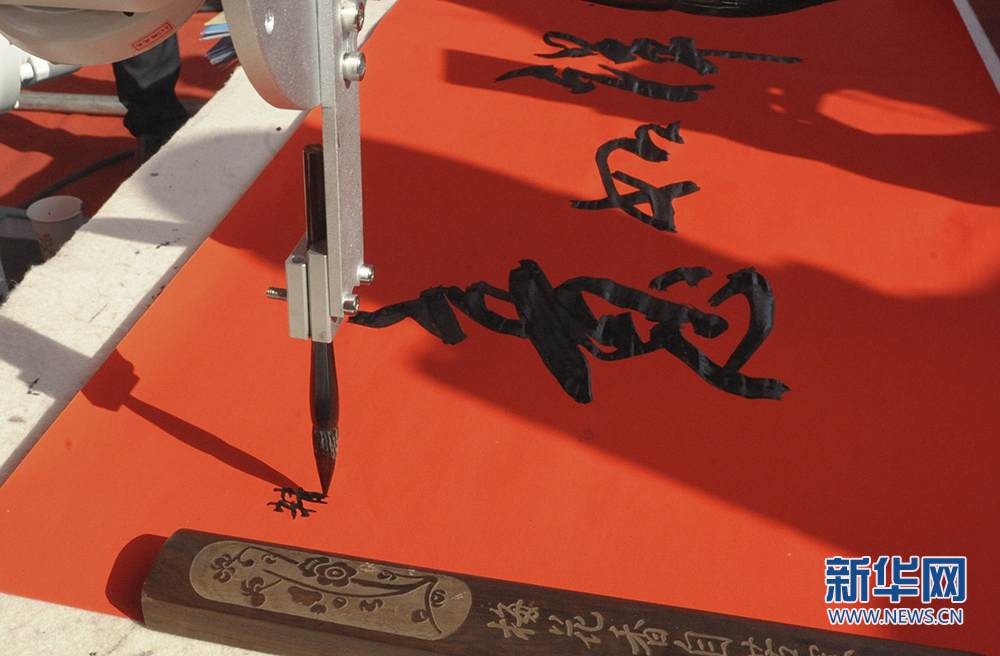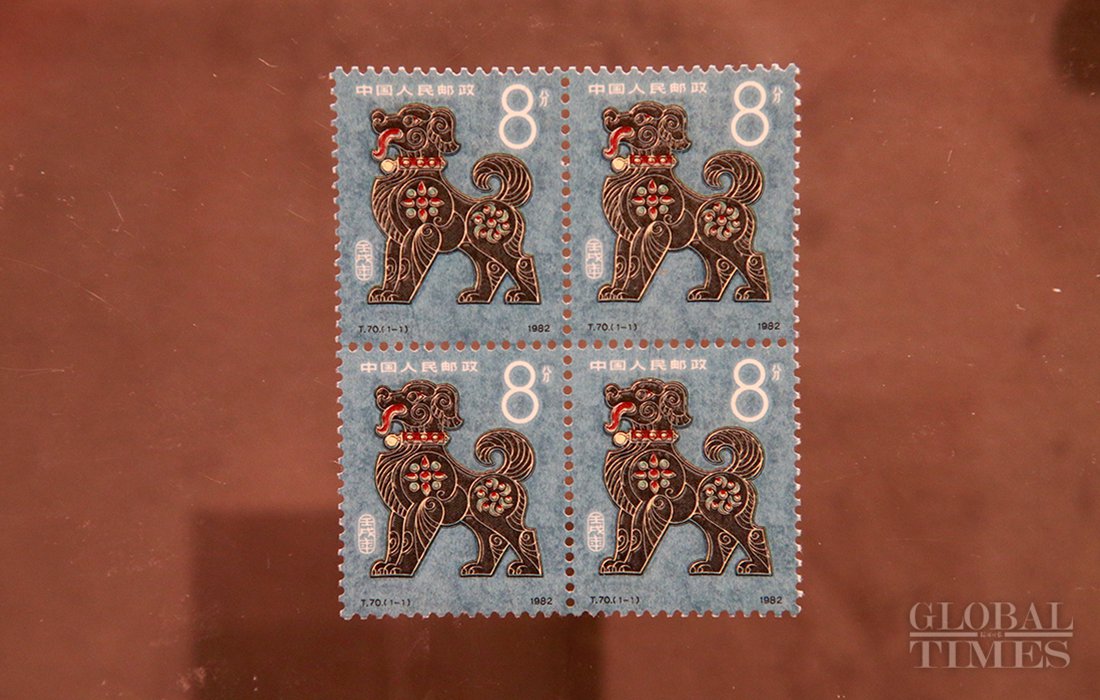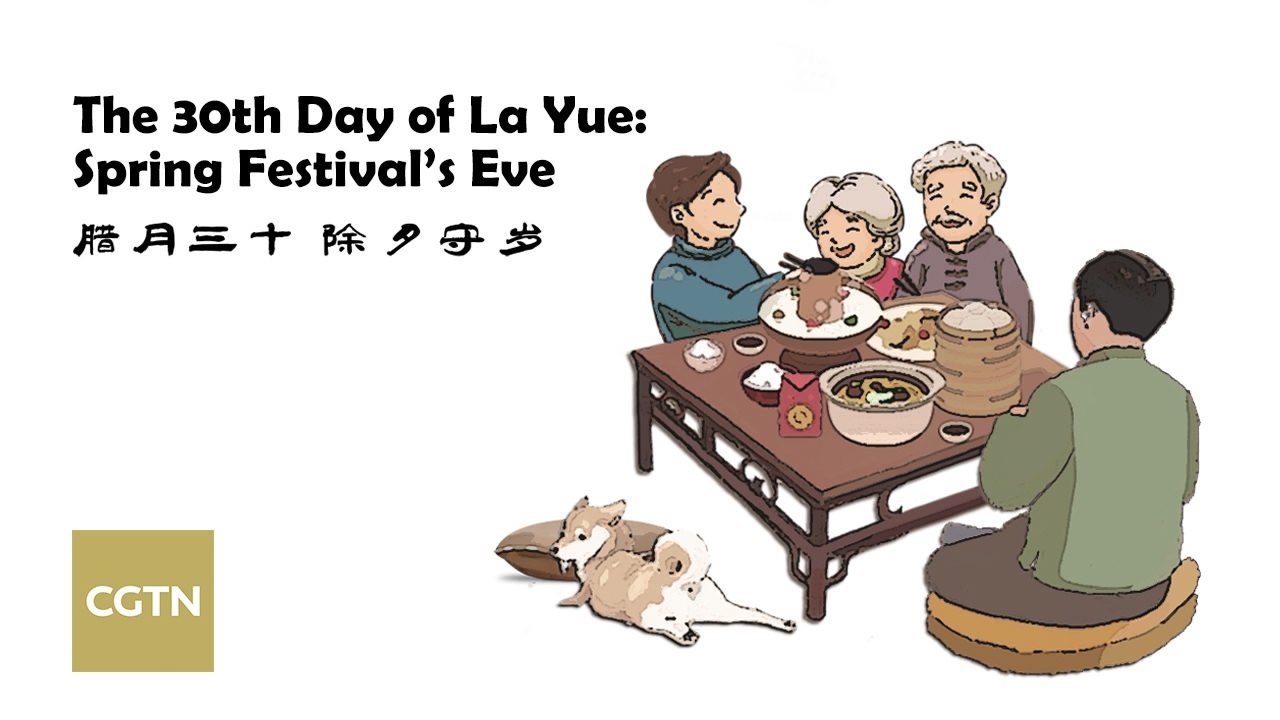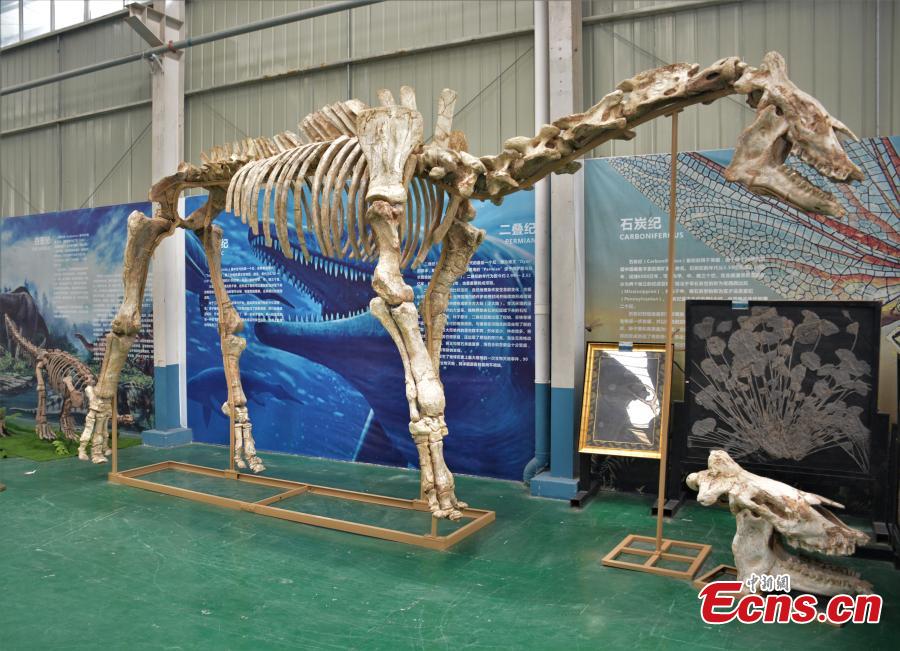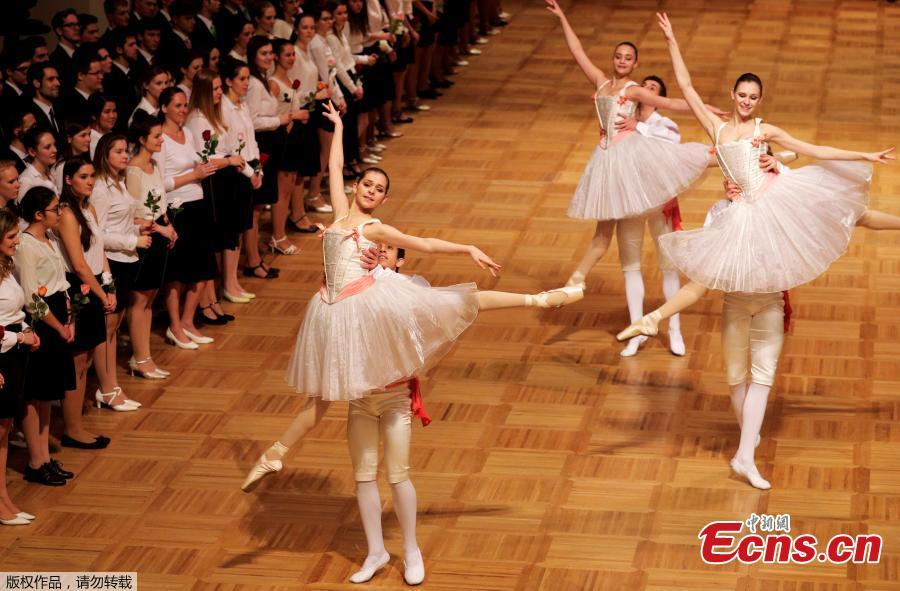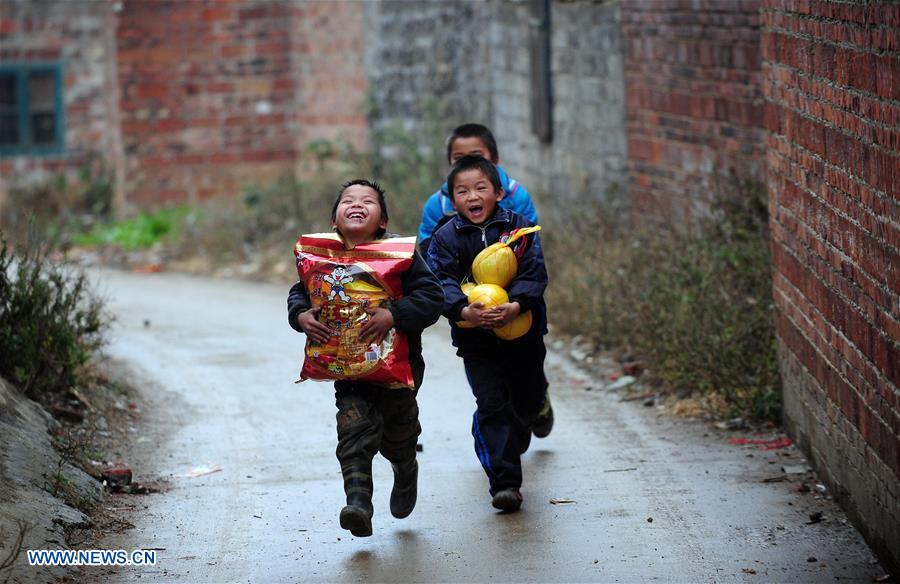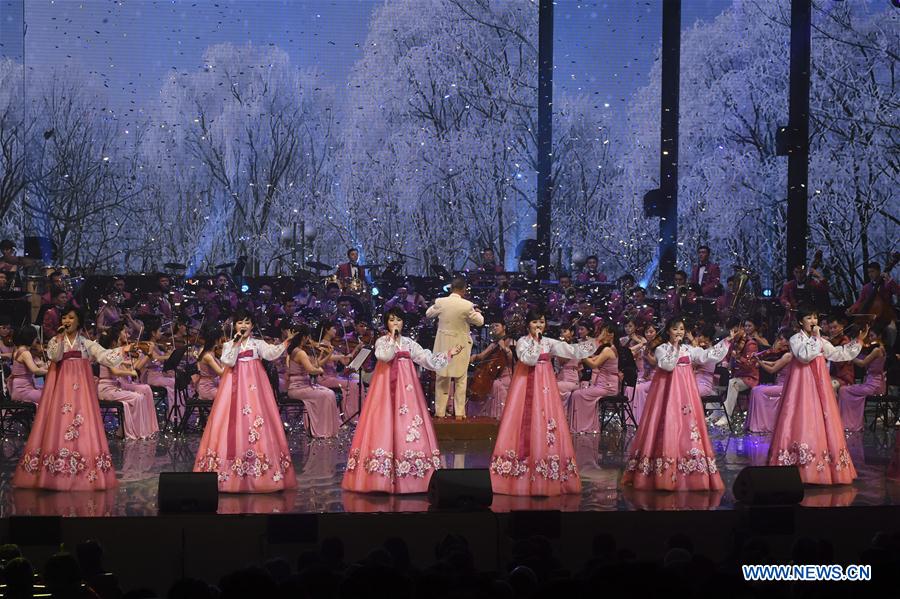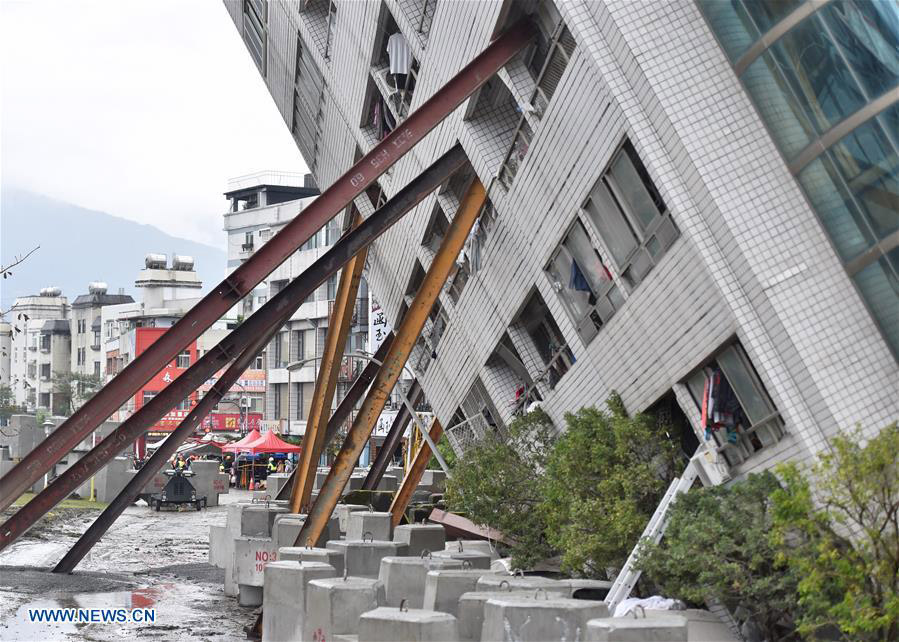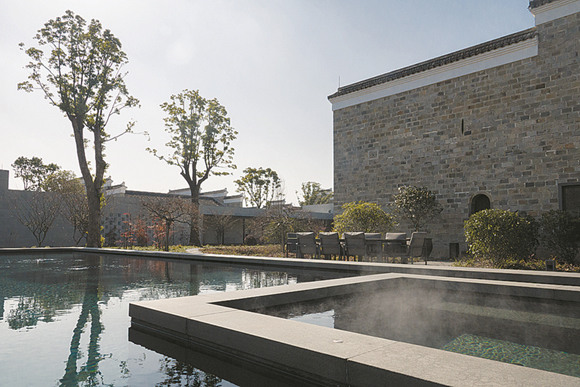
Amanyangyun features old trees relocated from Jiangxi province. The oldest tree (left photo) is over 1,000 years old. (Photo/China Daily)
Today, China's urbanization drive has meant that old houses are quickly being replaced by modern high-rise apartment compounds. In Jiangxi province, one of the regions in China that has the highest density of traditional architecture, more than half of the registered old buildings have been demolished between the two nationwide cultural relics surveys in 1983 and 2012, according to Jiangxi Morning Daily.
In recent years, Chinese governments have hastened the pace at which dilapidated houses are preserved. In Shanghai, the municipal government is determined to add more houses to the list of protected heritage buildings by introducing "architecture census" to those that have been standing for more than 50 years.
While there is no official rule as to how old a traditional house has to be in order to be considered an antique, Zhang Kegui, a researcher with the Palace Museum's Research
Institute, said that any building that is made of wood and dates back to 1911 - the year that the Republic of China was established - should be used as the benchmark.
Zhang noted that the central government had during the 11th fi ve-year plan (2006- 10) period increased the budget allocated to the preservation of houses from 2 billion yuan in 2006 to 20 billion yuan in 2010.
"Money should be the last concern when it comes to a conundrum like this. When we are talking about protecting and preserving antique houses, we are not only talking about the houses per se, but also the craftsmanship and skills of carpenters and handymen that make the preservation possible," said Zhang at a forum titled the Application and Preservation of China's Old Houses and Intangible Culture Heritages.
Organized by Qin Tongqian, the two-day forum gathered a dozen experts and scholars to explore the possibilities of reusing and recycling in a cost-eff ective manner.
Like Ma, Qin has turned his personal collection of antique houses and furniture into two luxury hotels by partnering with a professional hospitality management company. The business tycoon, who made his fortune by building villa gardens for wealthy individuals in Shanghai, boasts a collection of more than 600 old houses and more than 10,000 pieces of furniture. However, he lamented that most of his possessions have remained unused.
"I have devoted almost my entire life to the collection of these antiques, but my biggest worry now is that my collections are going to collect dust," said the 53-year-old, who added that the investment ploughed into his two hotels has already exhausted most of his fortune.
"The responsibilities of preserving old houses should never fall on one individual or institution. It involves every person living in the country and every government department," said Zhou Heping, former vice minister of culture, at the forum.
He elaborated on this point, saying the government can look into initiatives such as reducing taxes for corporations that are engaged in preservation projects, introducing this topic into the school syllabus, and providing owners of old houses with subsidies so that they can upgrade their living environment.
"I started collecting all this stuff without any idea about the importance of preserving or protecting them. I did it only because I like them," said Qin. "But I think my passion and fondness for them has a root - I grew up in them. In today's context, however, if we don't protect them, the younger generation won't even have a chance to be exposed to them, let alone like or preserve them."
One positive sign seen by his team is that people born after the 1980s make up 80 percent of the guests at both his hotels since they were opened in 2016.
"China should not only have the Forbidden City or Summer Palace that can stand out in the world. It also needs residences from the common people to refl ect the ordinary side of extraordinary traditional Chinese life," said Qin.









